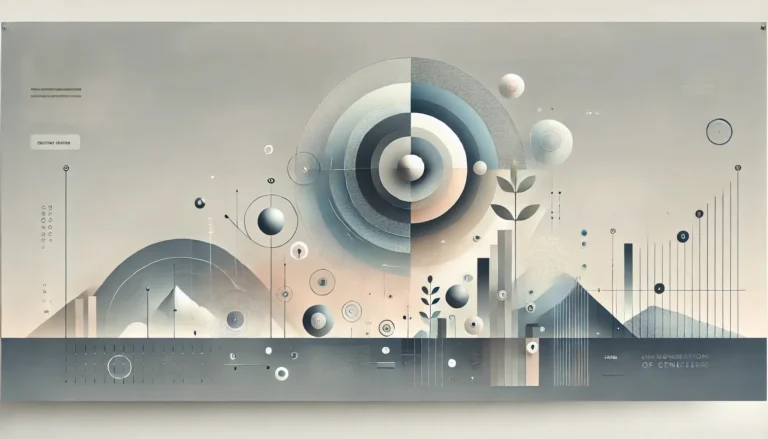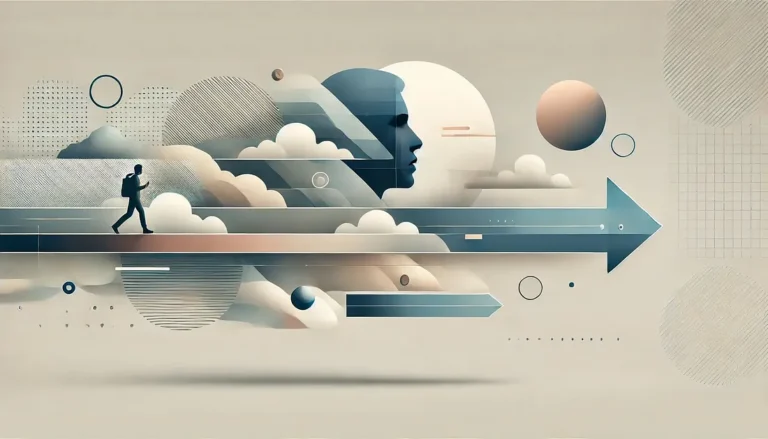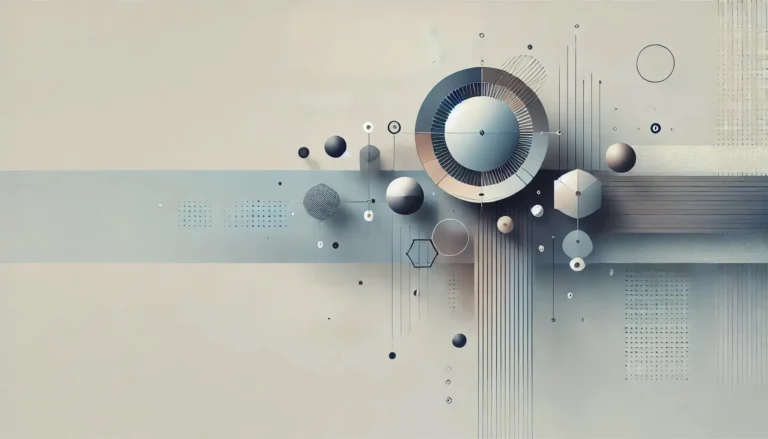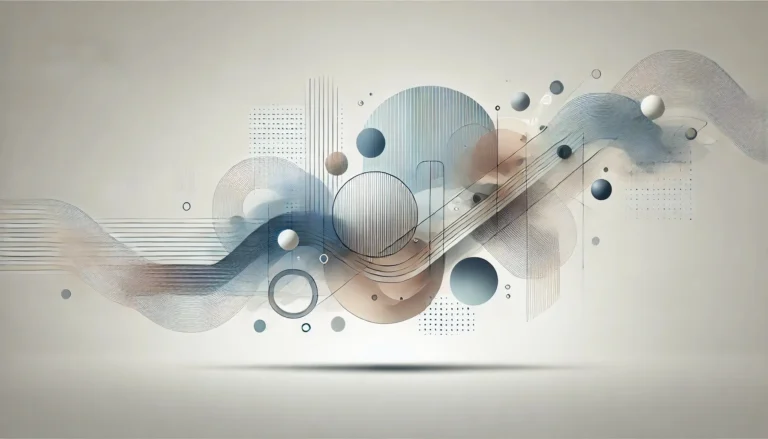5 Surprising Ways Hyper-Productivity Is Killing Your Creativity—And How to Reclaim It
We live in a world that celebrates productivity. From the endless to-do lists to the constant stream of efficiency hacks, the pressure to do more in less time is relentless. But what if this obsession with hyper-productivity is quietly killing one of our most valuable assets: creativity?
Creativity thrives on space—mental space, time to reflect, and the freedom to explore ideas without the pressure to immediately produce results. When we’re consumed by the need to be productive, creativity often takes a back seat. Here are five surprising ways that hyper-productivity might be stifling your creative potential—and, more importantly, how you can reclaim it.
1. Constant Task Switching Drains Cognitive Resources
In the name of productivity, we often pride ourselves on multitasking. But constantly switching between tasks, emails, and meetings depletes the cognitive resources needed for deep, creative thinking. Creativity requires uninterrupted time to focus and explore ideas, something multitasking severely limits.
Why It Matters: When your brain is constantly forced to shift gears, it has less energy to dedicate to creative thinking. Over time, this can lead to a creativity deficit.
How to Reclaim It: Block out dedicated time for creative tasks. Turn off notifications, eliminate distractions, and allow yourself periods of uninterrupted focus to let your creative mind work at its best.
2. The Pressure to Be ‘Efficient’ Stifles Exploration
In the race to optimise every moment, there’s little room for experimentation. Creativity often flourishes when we allow ourselves the freedom to wander off the beaten path and explore ideas that may not immediately seem productive. However, the drive to be efficient can stifle this exploratory thinking.
Why It Matters: True innovation comes from the freedom to explore without worrying about efficiency. When every moment must be optimised, there’s no time for the “what if” questions that spark creativity.
How to Reclaim It: Set aside time specifically for creative exploration without the pressure of producing immediate results. Whether it’s brainstorming sessions, free writing, or trying something new, let yourself explore without an end goal in mind.
3. Always Being ‘On’ Limits Mental Recovery
We’re constantly bombarded with work, social media, and notifications, leaving little time for mental recovery. Creativity requires moments of mental stillness—downtime where the mind can wander freely and make connections between seemingly unrelated ideas.
Why It Matters: If you’re always “on,” your brain doesn’t have time to recover, and this limits your ability to think creatively. Creativity often strikes in moments of rest, not in moments of relentless productivity.
How to Reclaim It: Incorporate intentional breaks into your day. Schedule time for activities that allow your mind to rest—whether it’s a walk, meditation, or simply daydreaming. Giving your brain a break will recharge your creative energy.
4. Measuring Everything in Output Kills Curiosity
In a hyper-productive environment, success is often measured by output—how much you’ve produced in a day or how many tasks you’ve completed. But creativity isn’t always about output; it’s about curiosity, exploration, and discovery. When you focus solely on what you’re producing, you may lose sight of the creative process.
Why It Matters: Creativity thrives on curiosity, not on metrics. When you only measure success by tangible results, you may overlook the value of the creative journey.
How to Reclaim It: Shift your focus from output to process. Celebrate the ideas, experiments, and creative exploration, even if they don’t immediately result in finished work. This mindset will help you nurture your creativity without the pressure of constant productivity.
5. Rigid Schedules Crush Spontaneity
Productivity tools and tightly managed schedules can help you stay on top of things, but they can also leave little room for spontaneity. Creativity often emerges in unexpected moments—those spontaneous flashes of inspiration that don’t fit neatly into a schedule. If every moment of your day is accounted for, there’s no room for those creative breakthroughs.
Why It Matters: Rigid schedules can block the spontaneity that fuels creative thinking. Without flexibility, creativity can become constrained, reducing your ability to innovate.
How to Reclaim It: Build flexibility into your schedule. Leave open time for spontaneous ideas, creative bursts, and activities that inspire you. Allowing space for the unexpected can lead to some of your most creative insights.
The Bottom Line: Balancing Productivity with Creativity
Hyper-productivity might help you check off tasks, but at what cost? If you’re constantly chasing efficiency, you might be sacrificing creativity—the very thing that can drive innovation and meaningful work. By recognising the impact hyper-productivity has on your creative potential, you can take steps to find a balance, allowing both productivity and creativity to coexist.
Let’s Connect
How do you maintain your creativity in a productivity-obsessed world? Share your thoughts and strategies for finding balance, and let’s help each other thrive creatively.






